10 GPTs for Veterinary Research Powered by AI for Free of 2026
AI GPTs for Veterinary Research are advanced generative pre-trained transformer models specifically designed to cater to the field of veterinary medicine and research. These tools leverage the power of artificial intelligence to process and generate human-like text based on vast amounts of veterinary literature, research papers, and databases. By understanding and interpreting complex medical and biological information, they provide tailored solutions for data analysis, diagnostics, treatment options, and research developments in veterinary science. The integration of GPTs in veterinary research signifies a transformative approach to accessing, analyzing, and generating knowledge, thereby enhancing both academic and clinical outcomes.
Top 10 GPTs for Veterinary Research are: VetGPT,Vetonline A.I. Revolution,Détecteur de race de chien,動物のクスリGPT,Veterinary Urinary Edu,Veterinary Analysis,Animalia,Dr. Cat,AI Veterinarian. Lets get your pet feeling better!,VetDiagnoAI
VetGPT
Your AI-powered Veterinary Assistant
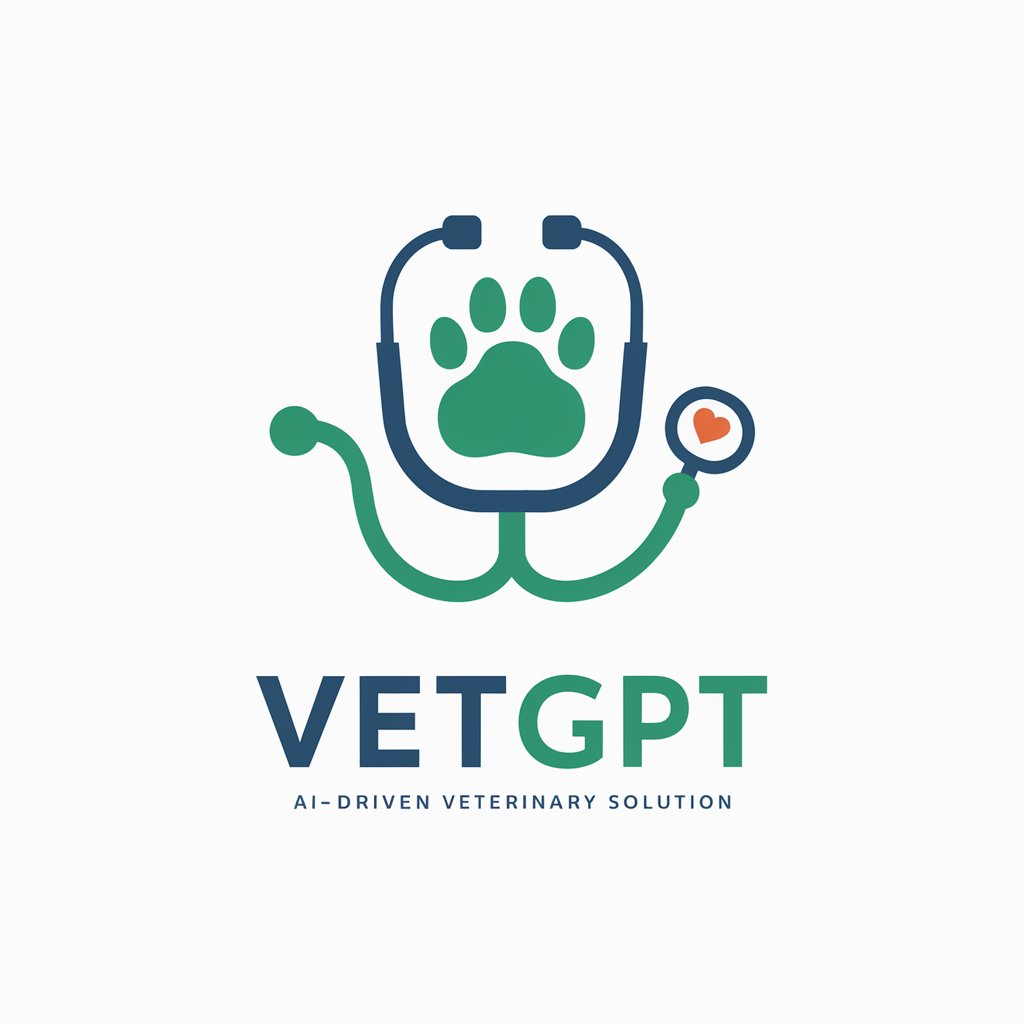
Vetonline A.I. Revolution
Revolutionizing Pet Care with AI

Détecteur de race de chien
Discover Your Dog's Breed with AI
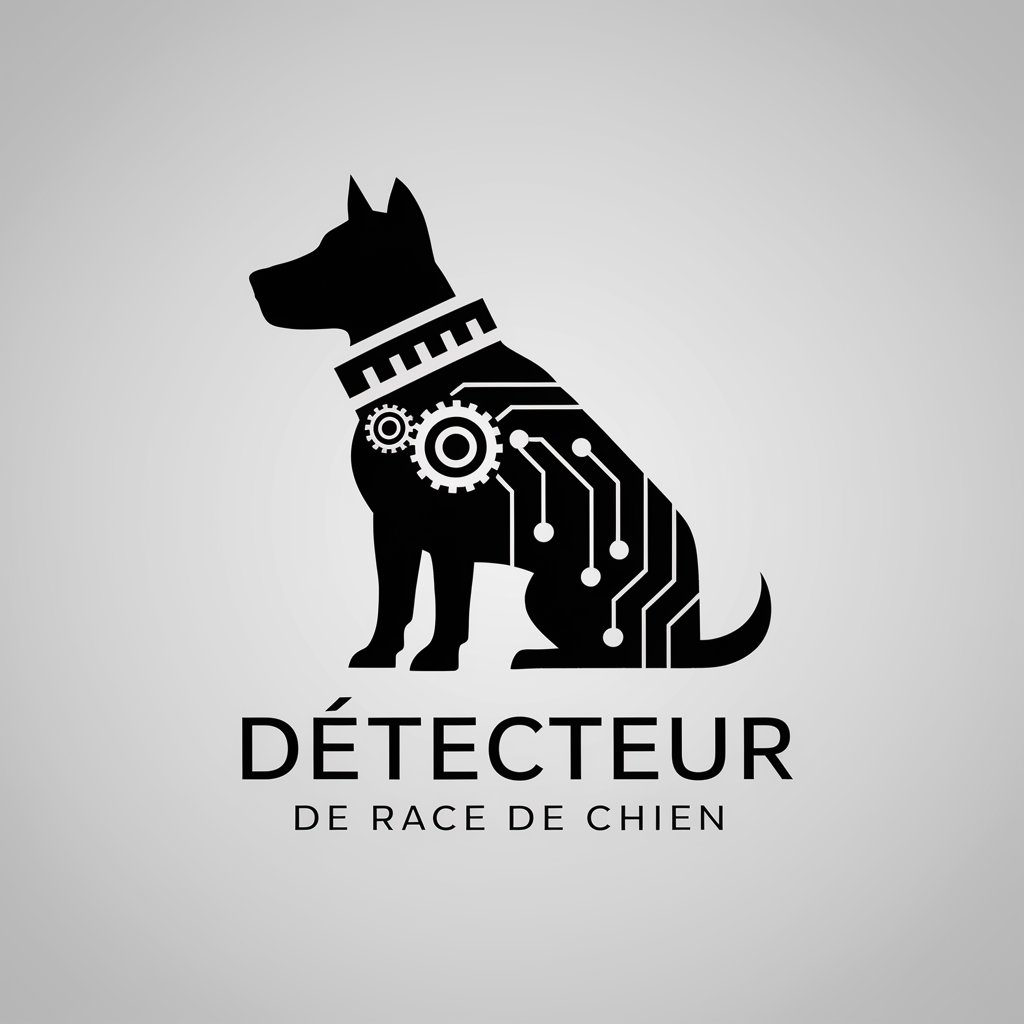
動物のクスリGPT
Empowering Veterinary Care with AI
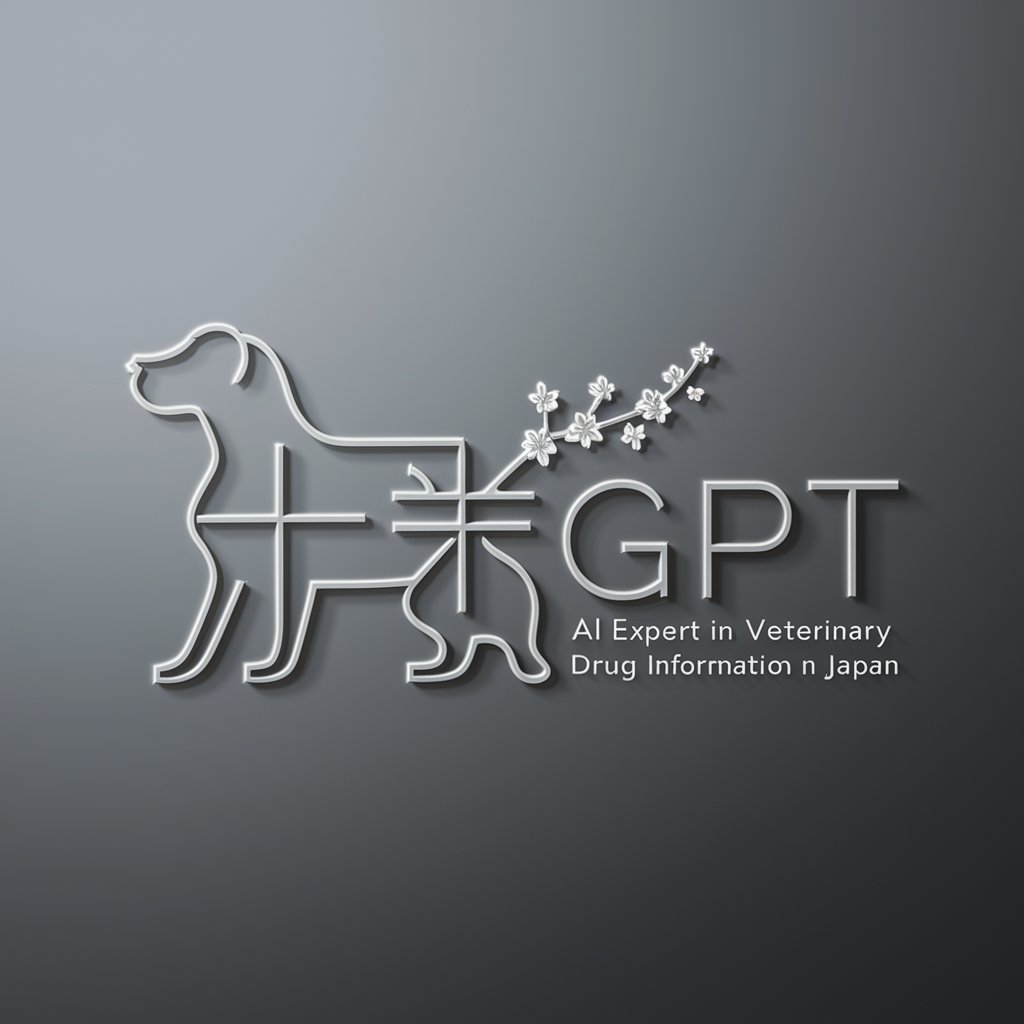
Veterinary Urinary Edu
Empowering veterinary care with AI insights
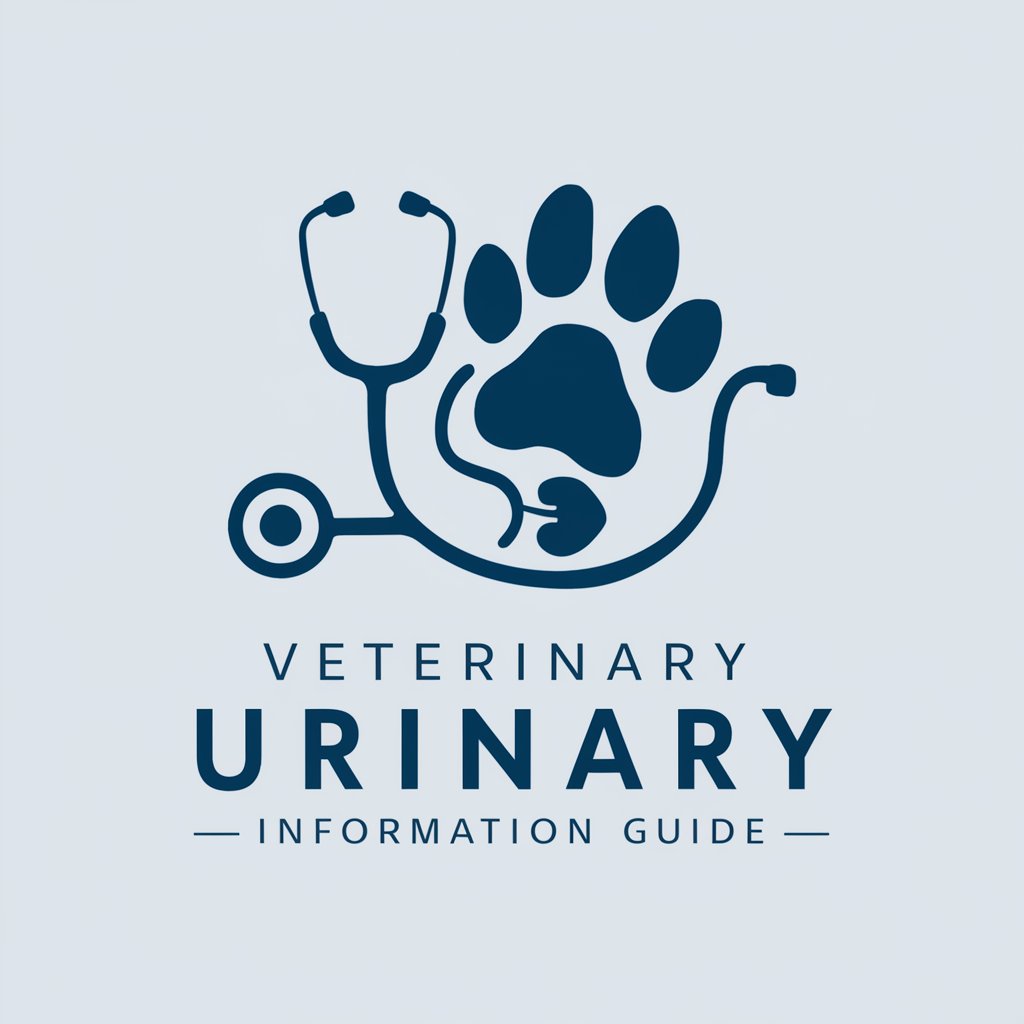
Veterinary Analysis
Empowering Veterinary Decisions with AI
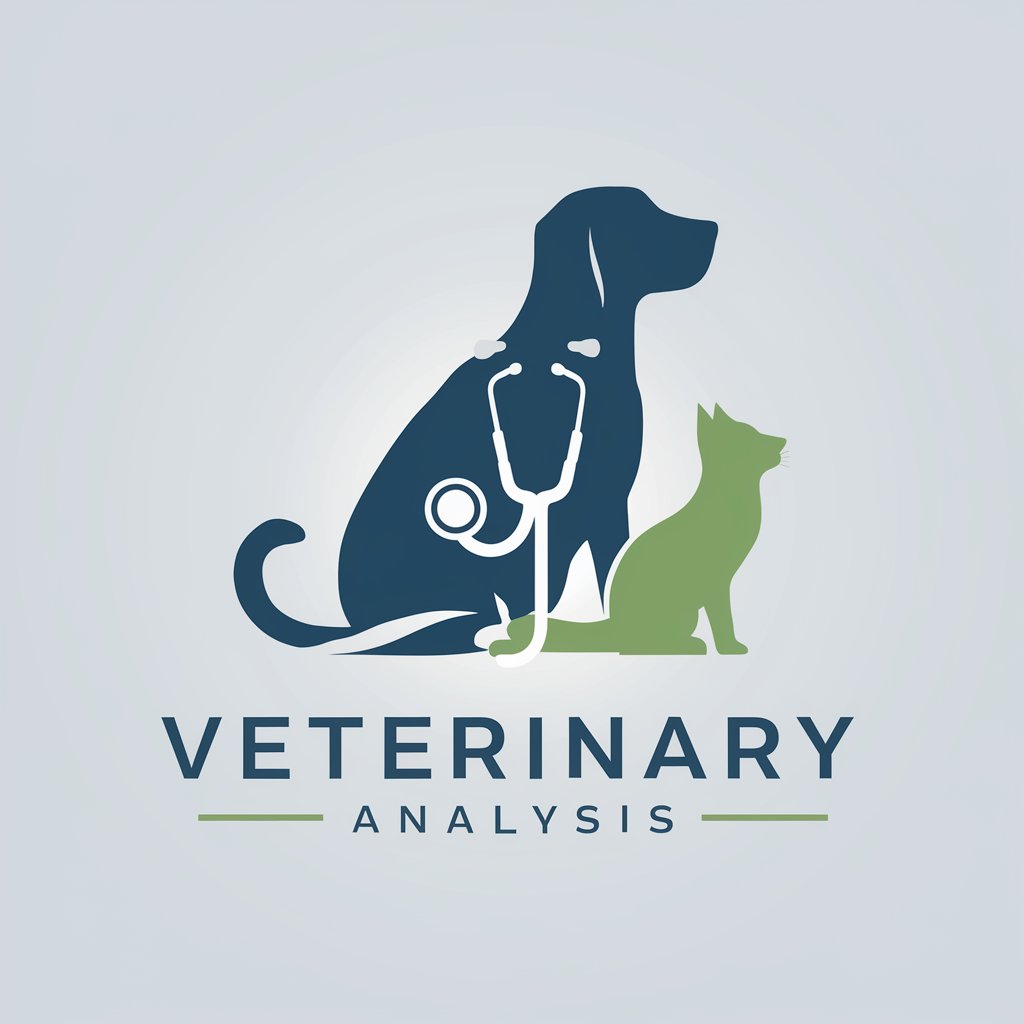
Animalia
Discover Your Cat's Breed and Health with AI
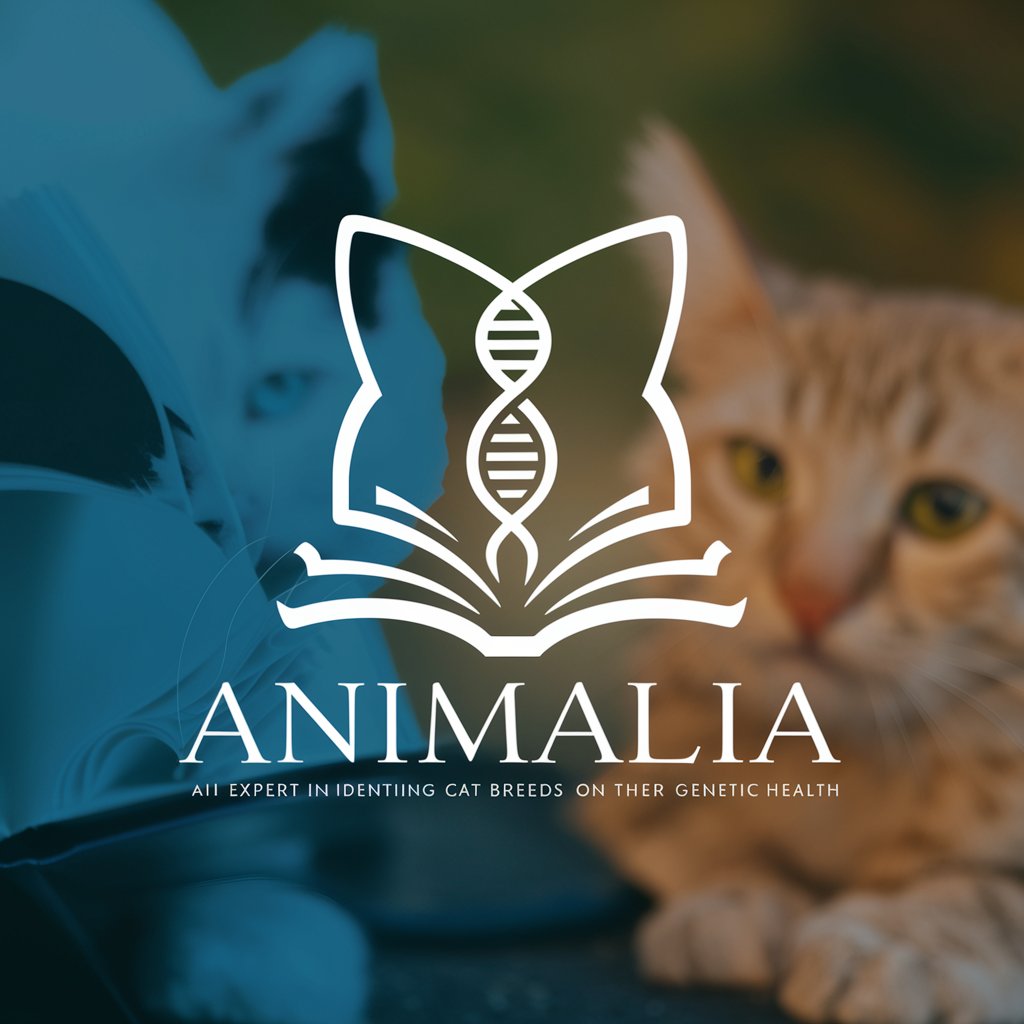
Dr. Cat
Your AI-Powered Feline Health Assistant
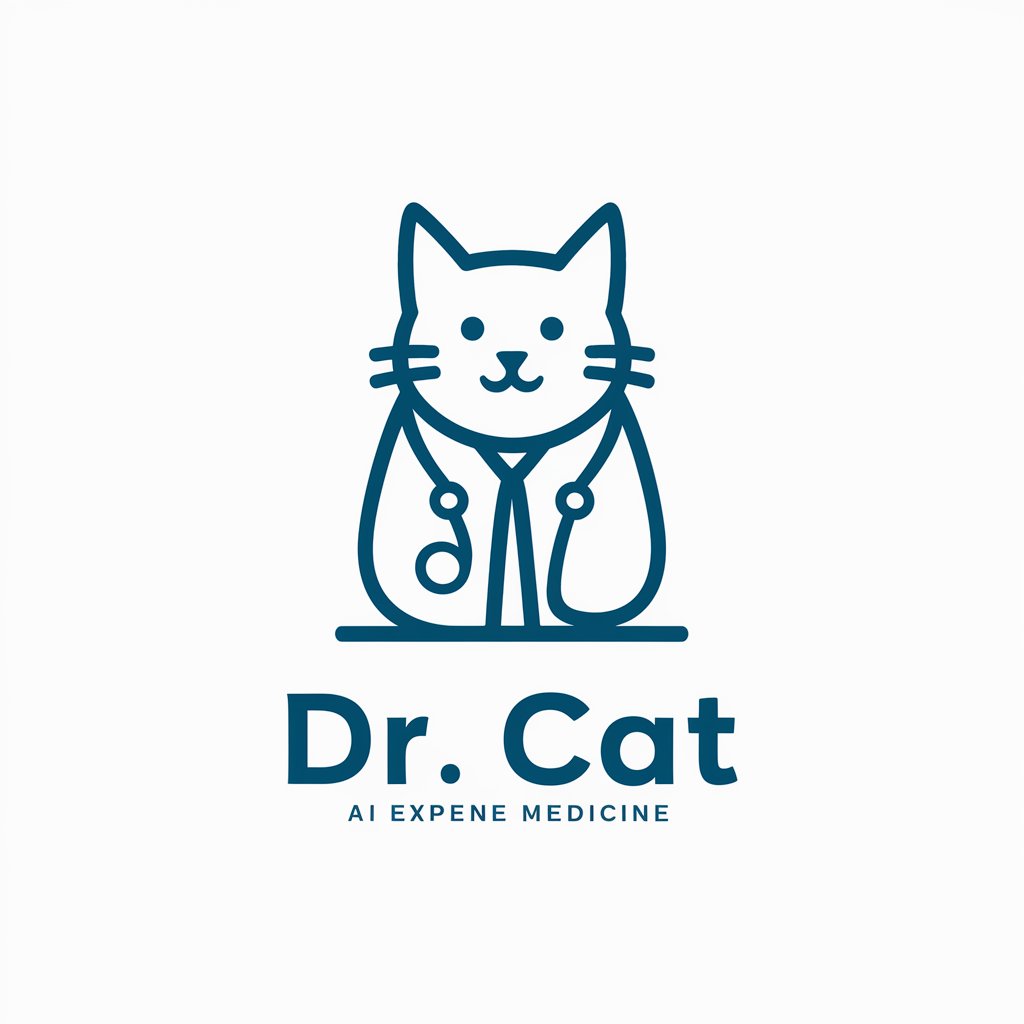
AI Veterinarian. Lets get your pet feeling better!
AI-powered veterinary insights at your fingertips.
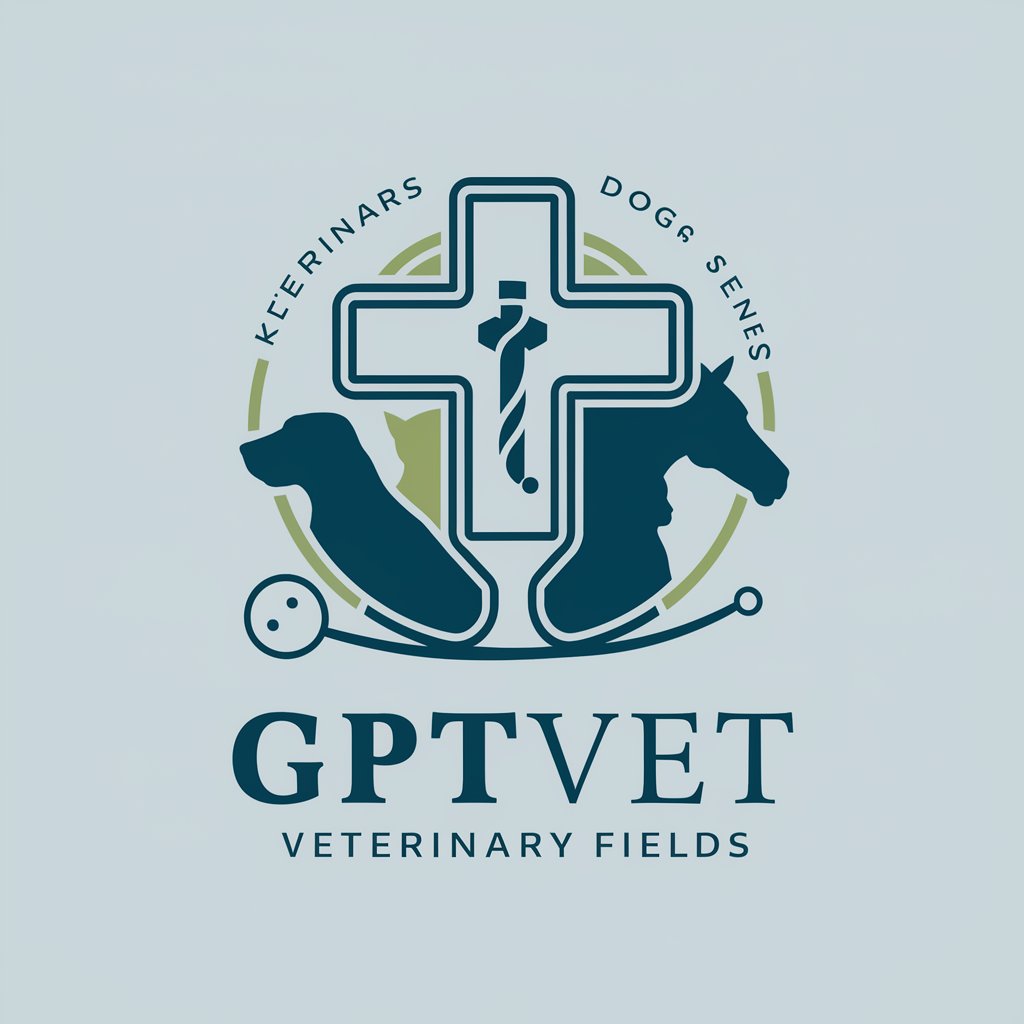
VetDiagnoAI
Enhancing veterinary diagnosis with AI
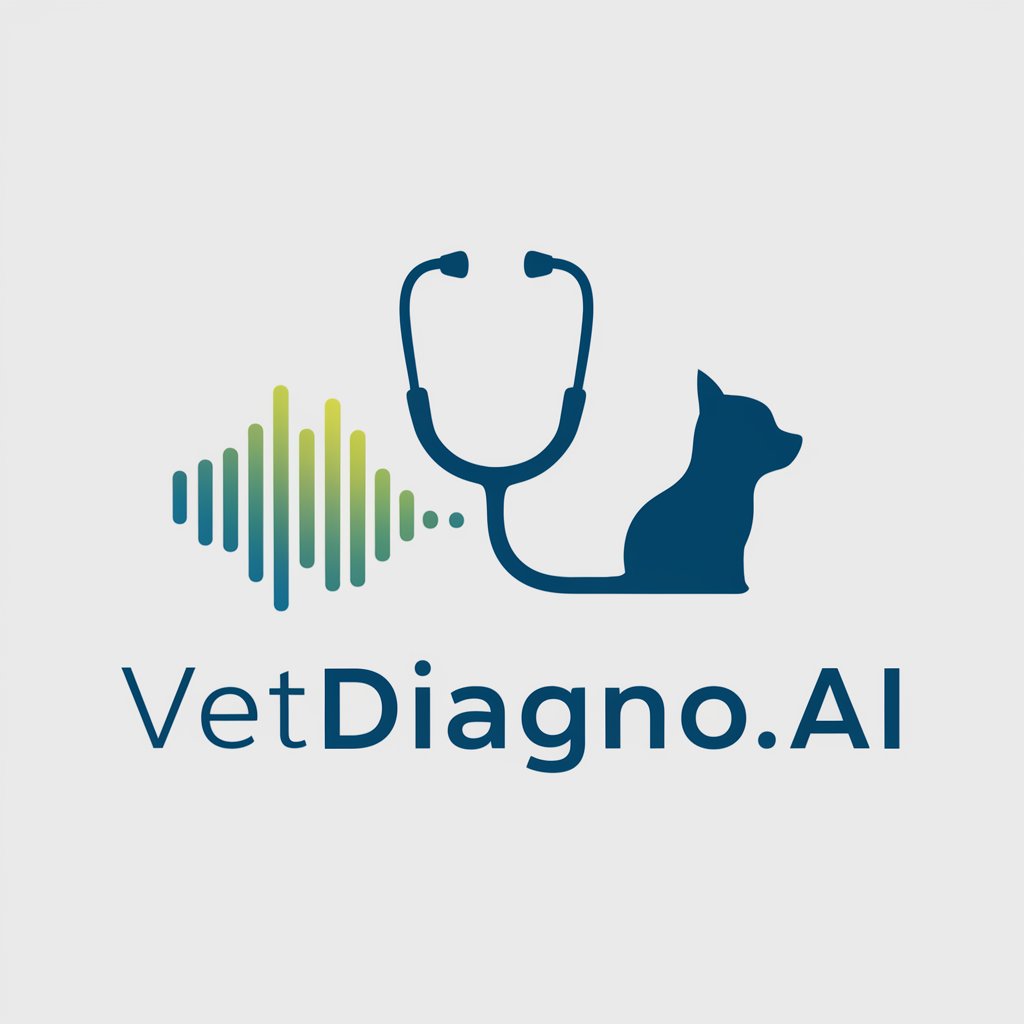
Essential Characteristics and Capabilities
AI GPTs for Veterinary Research boast a range of unique features that cater to the nuanced needs of the veterinary field. Key capabilities include the ability to understand and generate technical medical language, analyze research data, and provide insights on veterinary studies. These tools are adaptable to various complexity levels, from answering simple queries to assisting in complex research projects. Special features may encompass language learning for multilingual support, technical assistance for research analysis, web searching capabilities for up-to-date information, image creation for educational or diagnostic purposes, and data analysis functionalities for interpreting research results or patient data.
Who Benefits from Veterinary AI GPT Tools
The primary beneficiaries of AI GPTs for Veterinary Research include veterinary professionals, researchers, and students. These tools are accessible to novices, offering straightforward interfaces that do not require programming knowledge, while also providing advanced customization options for developers and seasoned professionals. This dual accessibility ensures that a wide audience can leverage AI GPT capabilities for enhancing veterinary education, research, and clinical practice.
Try Our other AI GPTs tools for Free
Web Automation
Discover how AI GPTs for Web Automation streamline online tasks with human-like efficiency, offering customizable solutions for users of all skill levels.
Automation Scripting
Discover how AI GPTs for Automation Scripting can streamline your coding tasks with advanced AI, offering customizable solutions for both beginners and experts in tech.
Flutter Learning
Explore cutting-edge AI GPTs tools designed for Flutter Learning, offering personalized paths, real-time assistance, and integration with current projects.
Innovation Funding
Discover AI GPTs for Innovation Funding: your AI-powered assistant for navigating the complex landscape of innovation finance, designed to streamline funding applications and enhance decision-making.
Inclusive Design
Discover how AI GPTs for Inclusive Design are revolutionizing digital accessibility, offering adaptable, user-friendly tools for creating inclusive environments.
Interactive Exercises
Discover how AI GPT tools for Interactive Exercises revolutionize learning with customizable, interactive tasks. Ideal for students, educators, and professionals seeking adaptive educational content.
Further Exploration of Customized AI Solutions
AI GPTs for Veterinary Research are at the forefront of technological innovation in veterinary science. They offer user-friendly interfaces that simplify complex data analysis and research processes. The possibility of integrating these AI solutions with existing systems or workflows opens new avenues for enhancing efficiency and accuracy in veterinary studies and practice. As these tools evolve, they continue to offer more sophisticated and customized solutions, catering to the diverse needs of the veterinary community.
Frequently Asked Questions
What are AI GPTs for Veterinary Research?
AI GPTs for Veterinary Research are artificial intelligence models designed to support and enhance veterinary science through data analysis, text generation, and research assistance.
How can AI GPTs tools assist in veterinary studies?
These tools can analyze and interpret vast amounts of data, generate reports, provide diagnostics suggestions, and offer insights into treatment options based on up-to-date research.
Do I need coding skills to use these AI GPTs tools?
No, these tools are designed to be user-friendly and accessible to those without any programming background, though they also offer customization options for those with coding expertise.
Can AI GPTs help with veterinary research?
Yes, they can assist in literature review, data analysis, hypothesis generation, and even in drafting research papers or reports.
Are these tools multilingual?
Many AI GPTs for Veterinary Research support multiple languages, making them useful in global veterinary practices and studies.
Can these tools generate images for diagnostic purposes?
Some AI GPTs are equipped with image creation capabilities that can aid in educational or diagnostic visualizations in veterinary medicine.
How do AI GPTs stay updated with current veterinary research?
They continuously learn from new data, research papers, and databases to ensure the information provided is current and relevant.
Can AI GPTs integrate with existing veterinary systems?
Yes, they can often be integrated with existing veterinary practice management systems, research databases, and educational platforms to streamline workflows and enhance learning.